
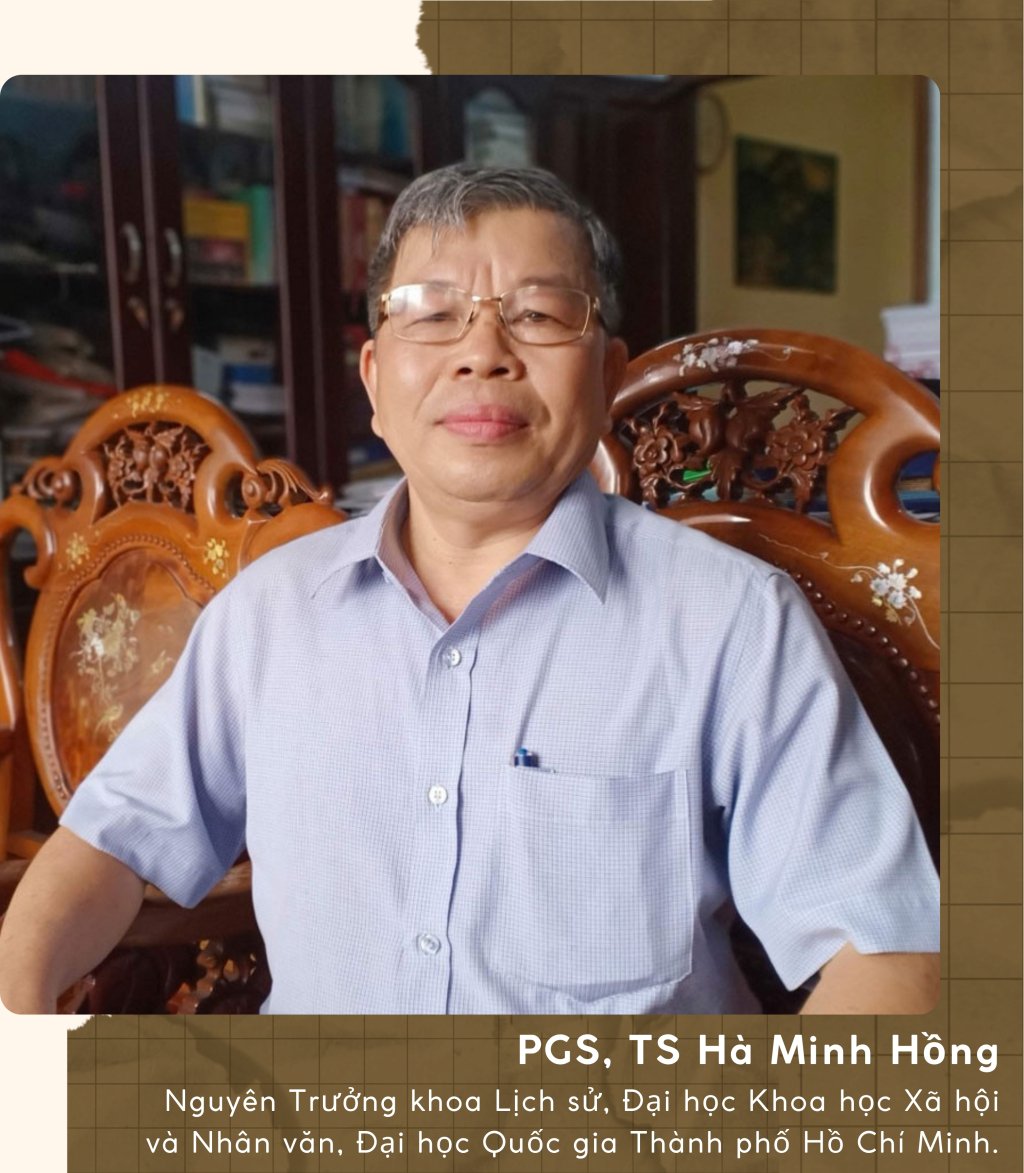
PV: Sir, the Paris Conference on ending the war and restoring peace in Vietnam lasted nearly 5 years, with 201 public meetings, 45 high-level private meetings, 500 press conferences, and more than 1,000 interviews. Why did the Paris Conference last so long, in your opinion?
Associate Professor, Dr. Ha Minh Hong: In war, an agreement to end the war must address the interests of each side in the war. And remember, these are two sides of a war that are very different from each other. One side is the American empire with the goals, objectives, and interests of a global empire. The other side is the Vietnamese people, fighting for national liberation.
For the Americans, in this war, they cannot lose, they have never lost, they have never even drawn from 1776 until that time. So now, the Agreement to end the war is something unprecedented for them. But when it comes to the Vietnam War and when they have to think about an Agreement, they ask themselves how to win? Is that question, that problem difficult for the US? Certainly difficult. Because they had to solve that problem from 1968 until January 1973. Even by December 1972, they still had not solved that problem.
So, the Paris Conference was so difficult and prolonged. They wanted to find a way to retreat with honor, to retreat in a winning position, not in a losing position. I just said one side like that, to show you that in that war, a global empire set the goal of winning the war. They had already put so much effort into this war, more than half a million troops. But if they could not resolve it, the solution to end the war with an Agreement was inevitable and there was no other way.
PV: The conference began in 1968 and lasted until early 1973. Was it true that only when we achieved decisive victories on the battlefield would the Americans sign the Agreement?
Associate Professor, Dr. Ha Minh Hong: That is a very important military factor to end a war. Because the law of war is that the strong survive and the weak lose. The war can only be ended when the military goals have been achieved. But remember that from 1968 to 1972, we had at least 5 important victories. By December 1972, the Americans had to accept our victory. They were forced to acknowledge the victory of the Democratic Republic of Vietnam, of the National Liberation Front of South Vietnam. Including military issues such as: The victory of the Spring-Summer 1972 military campaign, our military victory in the 12 days and nights at the end of 1972... And especially the victories on the negotiation front, the diplomatic front. We forced the Americans to resume negotiations and sign the Agreement. That is to say, we are not the ones intentionally prolonging the war.

PV: What is the key point of the Paris Agreement, sir?
Associate Professor, Dr. Ha Minh Hong: During the period from 1969 to 1971, the Americans used a stagnant strategy. They demanded that both sides withdraw their troops. They deliberately concealed the views and positions that they had signed or had not signed. But the Geneva International Agreement stipulated that Vietnam was only temporarily divided. And that temporary division was only for 2 years. Therefore, the Vietnam People's Army in the North or the South, the name of the Liberation Army of the South or the Vietnam People's Army was only one. Therefore, wherever we were in this country, the South or the North, the Americans had to admit that.
PV: Why was the Paris Conference interrupted many times, and even stalled many times? Was it because the Americans were looking for ways to prolong the time to withdraw troops from the South, sir?
Associate Professor, Dr. Ha Minh Hong: In the later period, they used that as an excuse to stay put. For two reasons. First, they calculated how and for what reason to withdraw troops from the Vietnam War with honor. They used this as a counterweight to create legitimacy for both sides to withdraw. Second, the government of the Republic of Vietnam, especially President Nguyen Van Thieu at that time, clearly saw that if the war ended with the US withdrawing while our forces remained in place, sooner or later the Saigon army and government would no longer exist. Therefore, they tried every way to retain and attract the US. When they could not, they opposed the US. Therefore, the conflict between the US and the government of the Republic of Vietnam during the negotiations in Paris was one of the most difficult problems for the US President to solve. In President Nixon's memoirs, he talked a lot about this issue. It was a very troublesome, very difficult, very complicated problem.
PV: Nearly 5 years of persistent and tenacious struggle at the diplomatic negotiating table, sometimes making concessions and being flexible, sometimes being firm and steadfast. So, in your opinion, what is the significance of the lesson of the motto “with unchanging, adapting to all changes” at the negotiating table in Paris 50 years ago in implementing our foreign policy today?
Associate Professor, Dr. Ha Minh Hong: The most important point in the Paris Agreement, as General Secretary Le Duan instructed advisor Le Duc Tho during the negotiations, was that no matter what we do, armed struggle, concessions, in the end, the US must withdraw and we must stay. Those are just a few words. Therefore, Article 5 of the Paris Agreement mentioned the unilateral withdrawal of US troops. And when the US withdrew, it meant that we had achieved the goal as President Ho Chi Minh said in the spring of 1969: "Fight to make the US go away, the puppets fall/North and South reunite, what happier spring is there than spring". That said, the policy of "being unchangeable, responding to all changes" in that war still holds true today. The issue of "being unchangeable" today is independence and self-determination, protecting territorial integrity, unifying the territory, and firmly maintaining sovereignty. These are the issues that today, in negotiations, in “struggles” in the marketplace, in struggles in forums, we must always adhere to the motto “to be unchanging, to respond to all changes”. We must still adhere to the interests of the nation, people, independence, sovereignty, unity and territorial integrity. We see that the idea of “to be unchanging, to respond to all changes” has been expressed through the image of bamboo diplomacy, showing the consistency of guidelines, policies, thoughts and Vietnamese identity in many fields. These are the lessons learned from the Paris Conference, always being flexible, being firm and gentle at the right time, but not harming the interests of the nation and people.
PV: Thank you Associate Professor, Dr. Ha Minh Hong!
Source


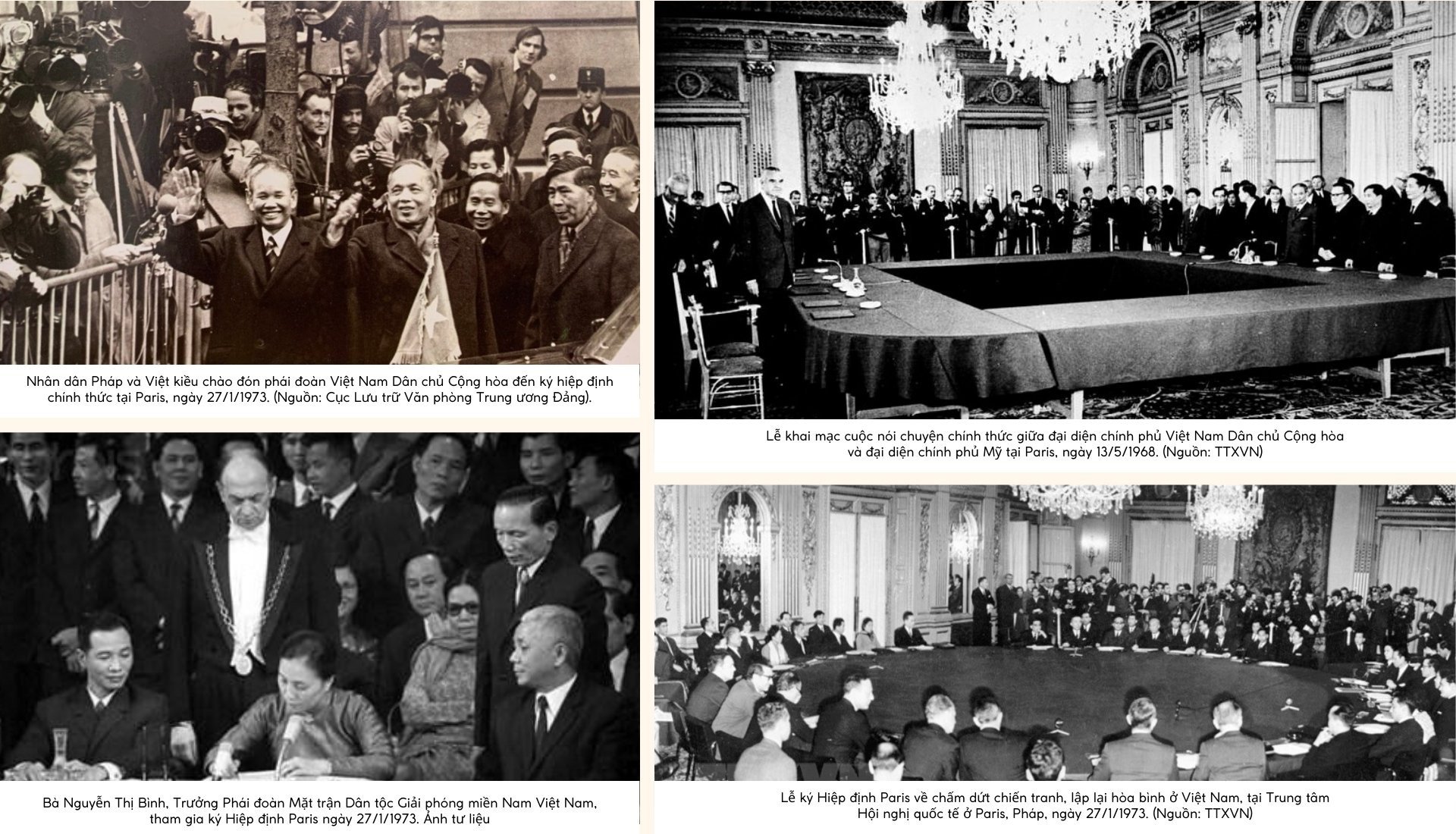
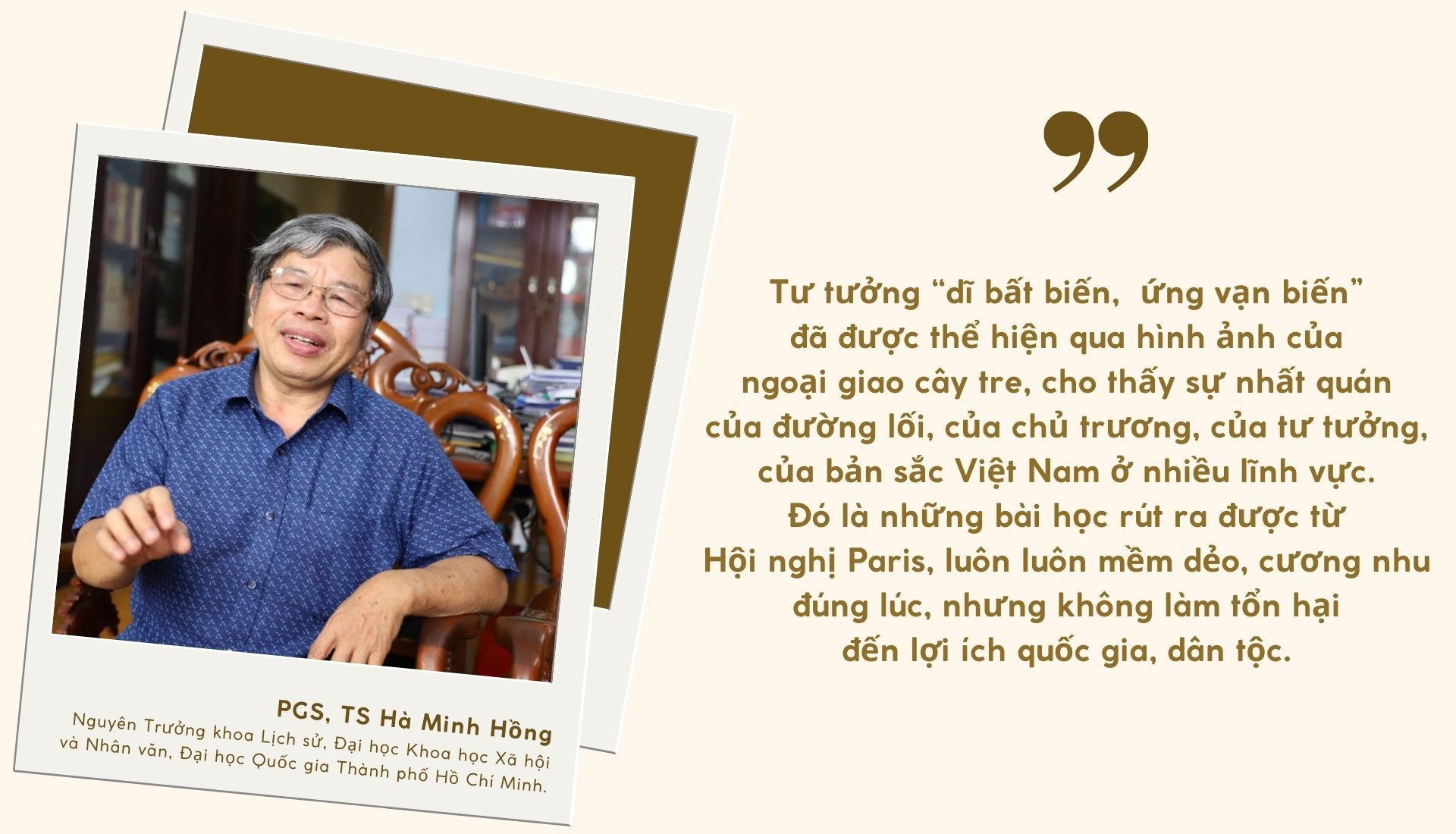

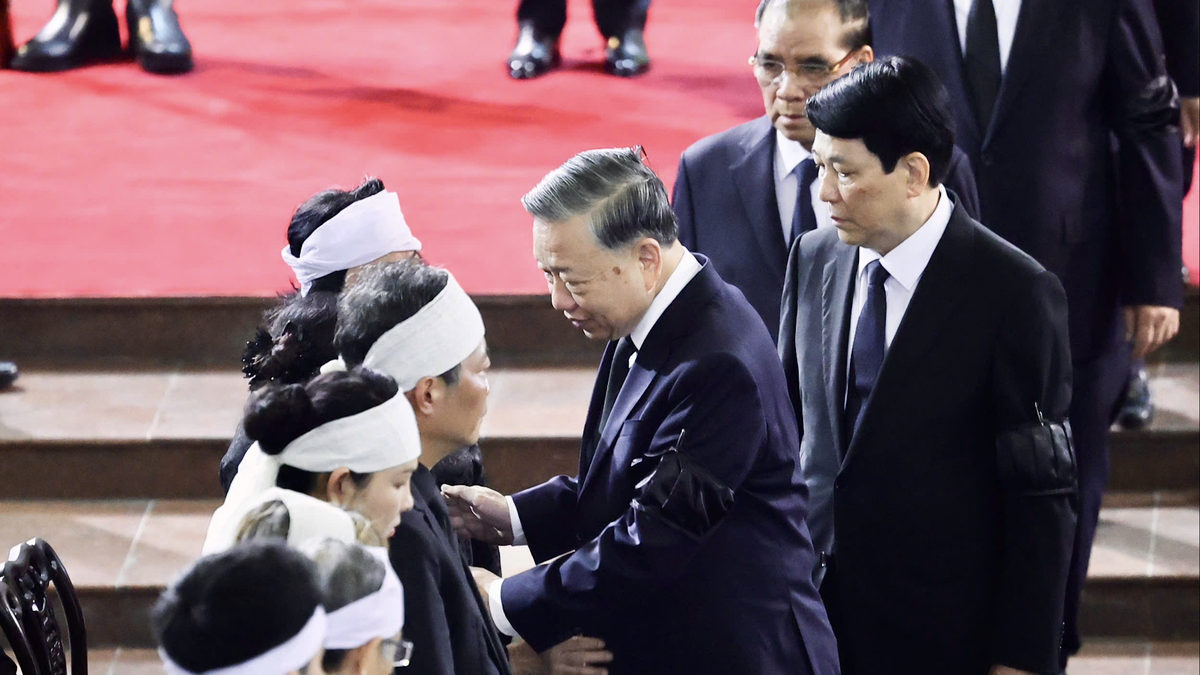
![[Photo] Top players gather at the 2025 Nhan Dan Newspaper National Table Tennis Championship](https://vphoto.vietnam.vn/thumb/1200x675/vietnam/resource/IMAGE/2025/5/23/9ad5f6f4faf146b08335e5c446edb107)


![[Photo] Anh Hoang - Dinh Duc successfully defended the men's doubles championship of the National Table Tennis Championship of Nhan Dan Newspaper](https://vphoto.vietnam.vn/thumb/1200x675/vietnam/resource/IMAGE/2025/5/23/d6ab3bcac02c49928b38c729d795cac6)
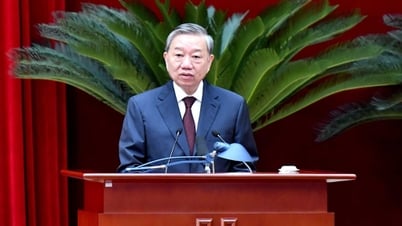





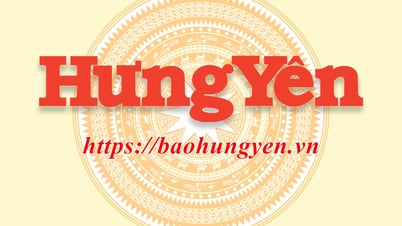



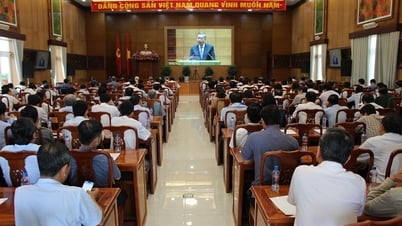

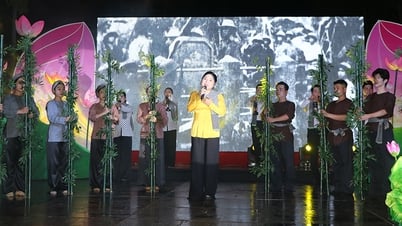

















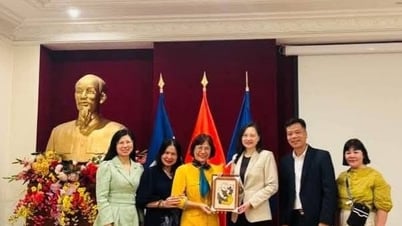
























![[Photo] The Central Party Executive Committee delegation visits former President Tran Duc Luong](https://vphoto.vietnam.vn/thumb/402x226/vietnam/resource/IMAGE/2025/5/24/32f67673454445aab0f1f2af331cb170)
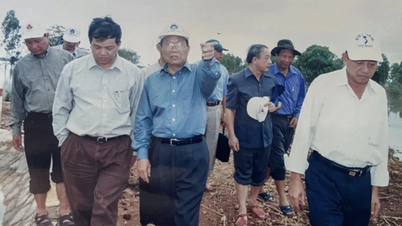

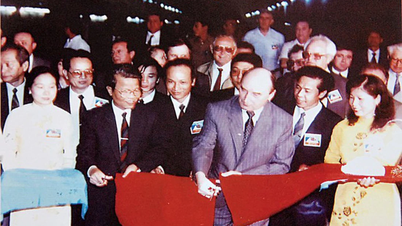


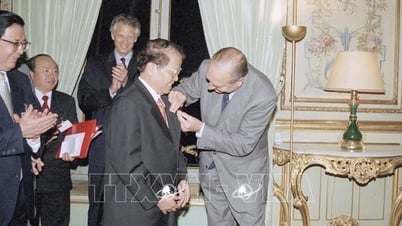

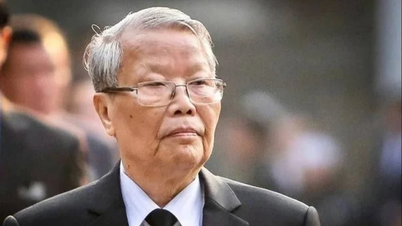








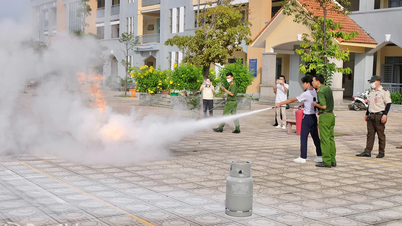





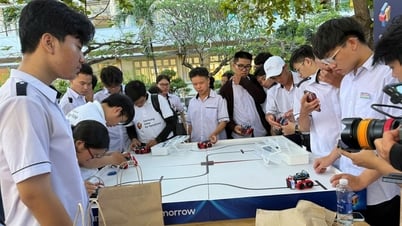















Comment (0)